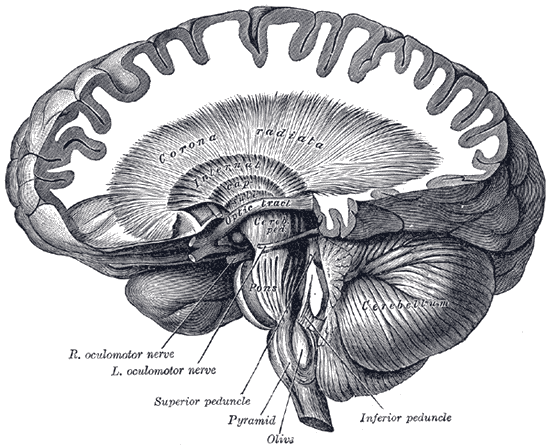Neuroferritinopathy

Neuroferritinopathy is a movement disorder caused by the gradual accumulation of iron in the basal ganglia of the brain. People with neuroferritinopathy have progressive problems with movement that begin at about age 40. These movement problems can include involuntary jerking motions (chorea), rhythmic shaking (tremor), difficulty coordinating movements (ataxia), or uncontrolled tensing of muscles (dystonia). Symptoms of the disorder may be more prominent on one side of the body. Affected individuals may also have difficulty swallowing (dysphagia) and speaking (dysarthria). Intelligence is generally unaffected, but some individuals develop a gradual decline in thinking and reasoning abilities (dementia). Personality changes such as reduced inhibitions and difficulty controlling emotions may also occur as the disorder progresses. Neuroferritinopathy is caused by mutations in the FTL gene. It is inherited in an autosomal dominant fashion.